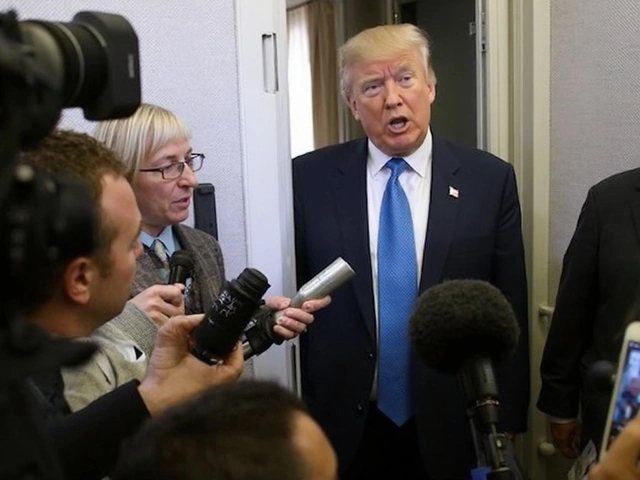Fired? Here’s How to Turn a Setback into a Fresh Start
Getting the boot is never fun. One minute you’re at your desk, the next you’re packing up your stuff and walking out the door. It can feel like the world is crashing, but it’s also a chance to hit the reset button on your career.
Take a Breath and Assess What Happened
The first thing to do is stop the panic. Grab a notebook, write down why you were let go, and be brutally honest. Was it performance, a shift in company direction, or something else? Knowing the root cause helps you avoid repeating the same mistake and gives you talking points for future interviews.
Don’t dwell on blame. Instead, look for lessons. If the firing was about missing targets, think about how you can track progress better. If it was a cultural mismatch, consider what kind of workplace vibe fits you. That clarity will guide your next move.
Get Your Finances in Order
Money worries spike after a firing, so act fast. List your expenses, cut anything non‑essential, and check if you qualify for unemployment benefits. Even a short pause in cash flow can be managed if you have a plan.
Take this time to negotiate any outstanding pay, unused vacation, or severance. A clear final paycheck makes the transition smoother and prevents surprises later.
Polish Your Resume and Online Profile
Now’s the moment to give your resume a makeover. Highlight achievements with numbers – “boosted sales 20% in six months” sounds stronger than “improved sales.” Add any new skills you picked up while on the job, like a software tool or a certification.
Update LinkedIn with a fresh headline that tells recruiters who you are now, not just what you used to do. A headline like “Experienced Marketing Manager Ready for Growth‑Focused Teams” signals intent and draws the right eyes.
Network Like Crazy
Reach out to former colleagues, mentors, and industry friends. Let them know you’re on the market and ask for introductions. A quick coffee chat can lead to hidden job openings that aren’t posted online.
Don’t forget the power of social media groups, industry forums, and local meet‑ups. Show up, ask questions, and share what you know. People remember those who add value, and they’ll think of you when a role opens.
Practice Your Interview Story
Hiring managers will ask why you left your last job. Keep your answer short, factual, and forward‑focused. For example: “The company restructured and my role was eliminated. I’m now looking for a position where I can apply my project‑management skills to drive growth.”
Practice this answer until it feels natural. Pair it with strong stories about past successes so you shift focus from the exit to what you bring to the table.
Stay Positive and Keep Learning
Job loss can shake confidence, but staying active helps. Take free online courses, read industry blogs, or volunteer for projects that let you sharpen skills. Every new skill adds to your resume and keeps your mind busy.
Remember, being fired isn’t a badge of shame. It’s a signal that something didn’t click, and it opens the door to a better fit. Treat the experience as data, not a verdict.
In short, handle the shock, sort the money, revamp your resume, network hard, nail the interview story, and keep learning. Follow these steps, and you’ll not only find a new job – you’ll land one that matches your strengths and goals. Ready to turn that firing into a fresh start? Let’s get moving.
Kieran Lockhart, Apr, 4 2023
Why was Joe Namath fired from Monday Night Football?
Joe Namath was fired from Monday Night Football in 1985 after a series of controversial comments. During an on-air interview, he made comments that were deemed inappropriate by the network. These comments included derogatory remarks about female reporters and calling a referee "incompetent". This behavior was deemed unacceptable by the network, and Joe Namath was let go as a result. Though he was a highly respected player, his comments were seen as unprofessional and were not tolerated.
View More




